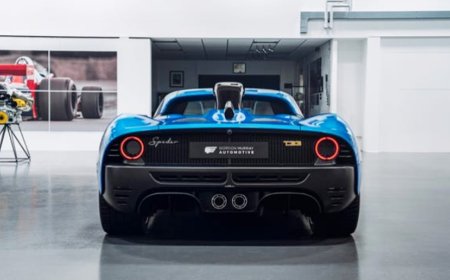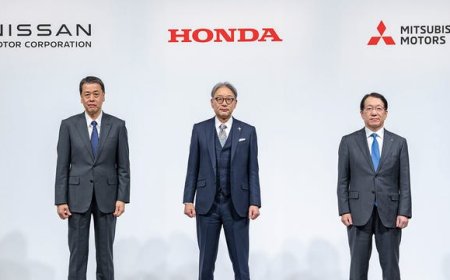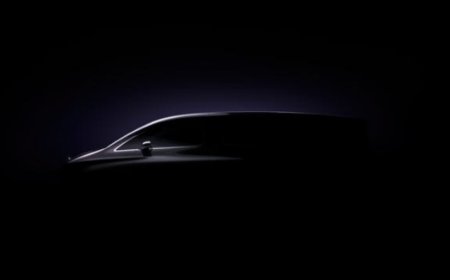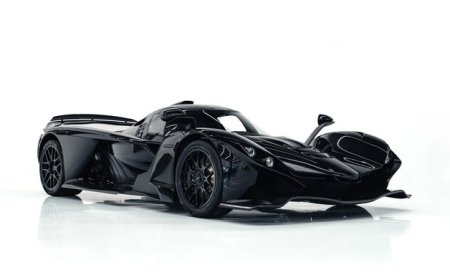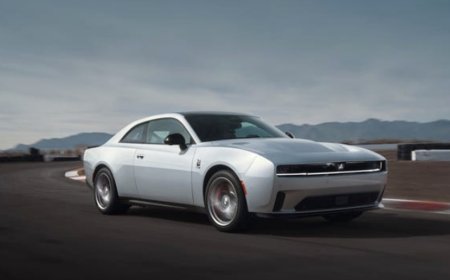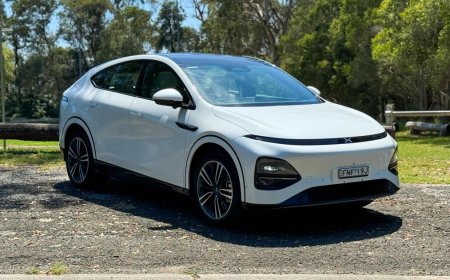Volkswagen exits controversial Xinjiang plant amid political pressure
Facing political pressure and dwindling demand for gas-powered cars, Volkswagen is ending its operations in China’s Xinjiang region, marking the end of a contentious chapter.
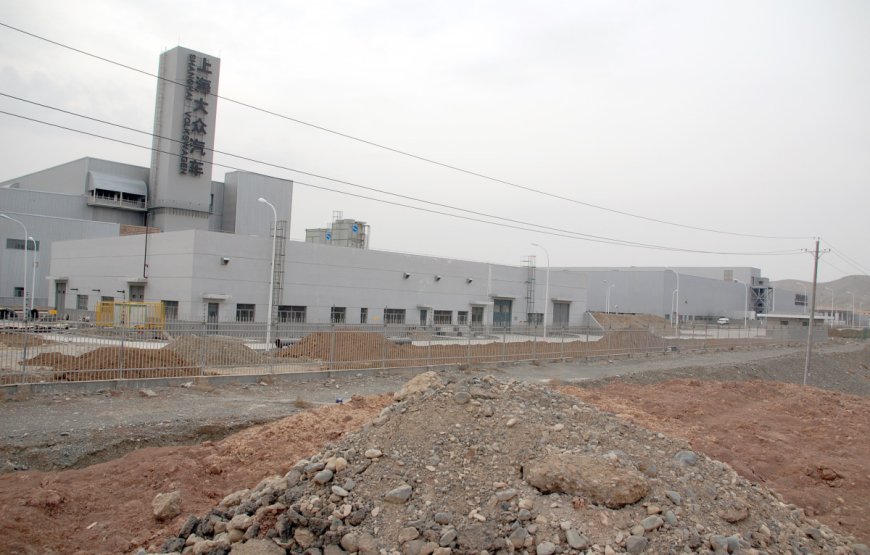
After years of criticism from human rights activists, Volkswagen has officially ceased its operations in China’s Xinjiang region. The automaker announced the transfer of ownership of its assembly plant and test tracks in Urumqi, the capital of Xinjiang, signaling its withdrawal from a region deeply scrutinized for human rights violations, The New York Times reported.
The plant, built in 2012, once symbolized Volkswagen's commitment to western China. However, allegations of forced labor and the Chinese government’s heavy-handed crackdown on Uyghurs and other Muslim ethnic groups turned the facility into a liability for the global auto giant.
Related: Mazda plans new Wankel & electric-powered SUV by 2027
Growing international outcry led to a change in plans
Xinjiang has been at the center of international outcry over China’s treatment of ethnic minorities. Reports suggest that as many as a million Uyghurs and other groups have been subjected to indoctrination camps, forced labor programs, and systemic oppression.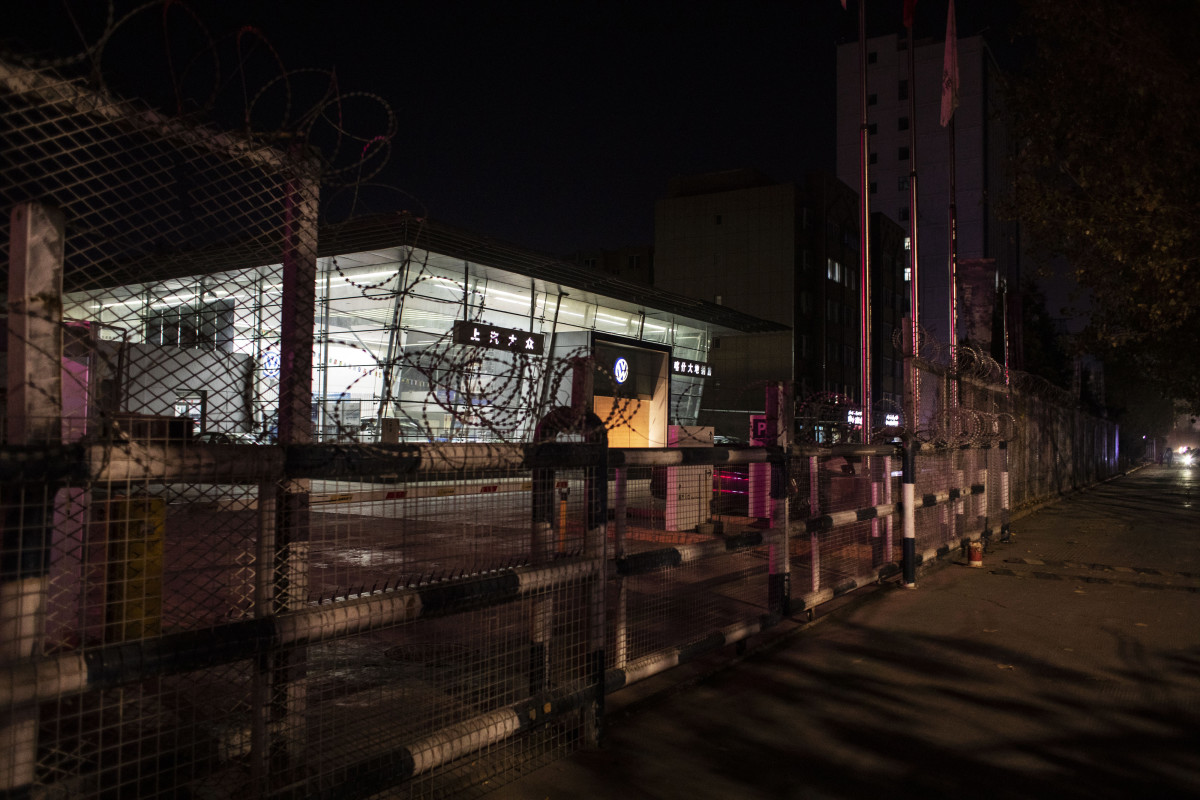
Volkswagen, alongside its state-owned partner SAIC Motor, faced accusations of benefiting from these practices. While the company consistently denied using forced labor, an audit of its operations in Xinjiang last year faced backlash for failing to adequately protect worker anonymity.
The political cost of maintaining a presence in Xinjiang compounded Volkswagen's operational challenges. U.S. and European bans on imports linked to forced labor further isolated the region economically, leaving Volkswagen's Xinjiang operations untenable.
China’s EV price war further damaged VW's EV business
Still, Volkswagen’s troubles in China extend far beyond a single region. Chinese automakers like BYD, backed by state subsidies, have engaged in aggressive price-cutting, offering electric cars at discounts of up to 50% below production costs.
This strategy has left foreign automakers, including Volkswagen, struggling to keep up without jeopardizing profitability. VW’s decision to avoid participating in this “unhealthy environment” has seen its market share shrink drastically throughout the country.
Related: Stellantis CEO Carlos Tavares resigns
Despite its reluctance to engage in price wars, Volkswagen faces mounting pressure to adapt. Tesla and BYD, both dominant players in China, continue to roll out compelling EV offerings that resonate with a market increasingly prioritizing value and cutting-edge technology. To compete, VW must not only innovate but also address the financial and strategic obstacles of producing EVs at a price point that appeals to Chinese consumers.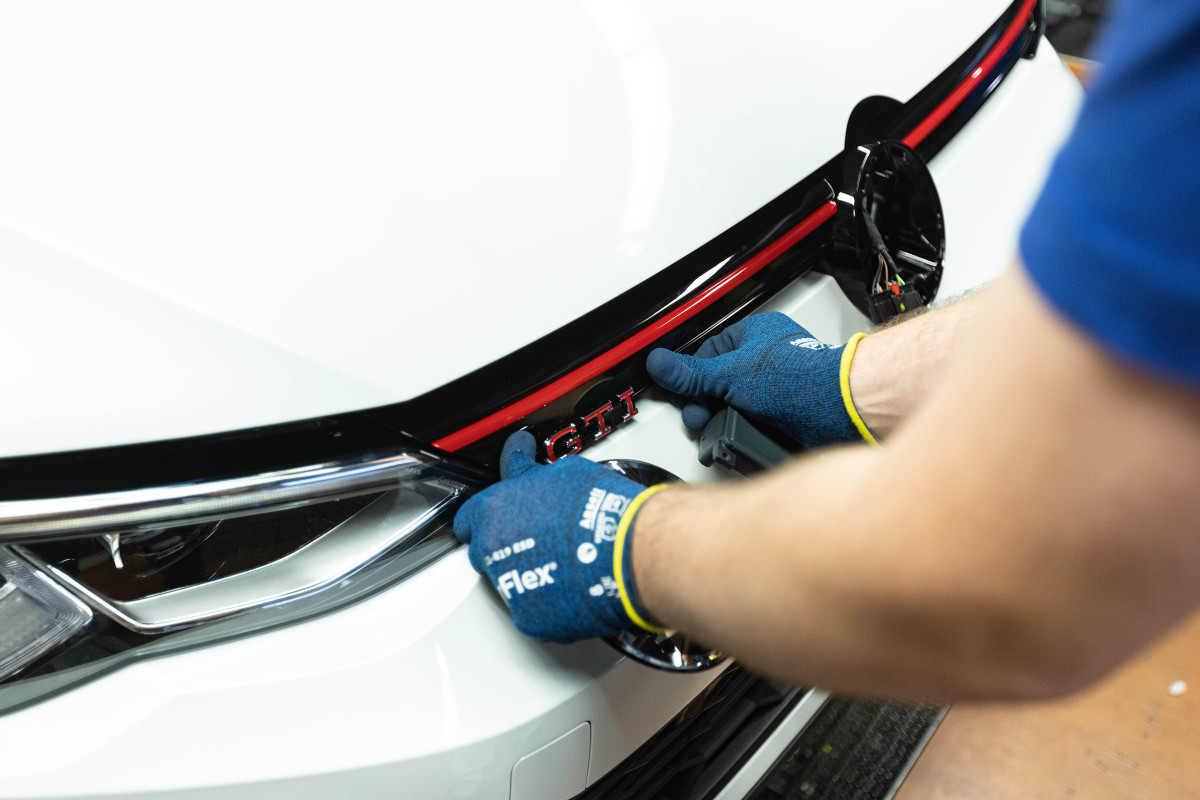
The decline of the gas-powered era made VW's factory useless
Volkswagen’s retreat from Xinjiang was not a solely political decision. The plant in Urumqi, designed to produce inexpensive gasoline-powered cars, had been inactive since 2019. China’s rapid transition to electric vehicles (EVs)—where half of all cars sold are now battery-electric or plug-in hybrids—rendered the facility obsolete.
Volkswagen, once the dominant automaker in China, has faced mounting competition from local EV manufacturers like BYD, which recently surpassed Volkswagen in sales. With demand for gas-powered vehicles plummeting, the Urumqi plant, located 1,800 miles from the coast and unsuitable for exports, became an economic deadweight.
Related: A new, modular frame from Stellantis keeps the road open for ICE engines
VW's attempt at plugging the hybrid gap might have come too late
Another significant hurdle for Volkswagen in China is its delayed entry into the hybrid market. While competitors like BYD dominate this sector, offering vehicles that cater to the unique preferences of Chinese consumers, VW has only recently committed to expanding its hybrid lineup. This slow response has left it without competitive offerings during a period of high demand, further eroding its market position.
Volkswagen’s stake in Xpeng, a Chinese EV manufacturer, is part of its strategy to catch up. By partnering with local innovators, VW hopes to fast-track the development of hybrid and electric models tailored for China. However, as Tesla and BYD solidify their positions, it remains to be seen whether Volkswagen’s efforts will be enough to regain lost ground.
A broader industry reckoning is on the horizon
Volkswagen’s Xinjiang exit reflects broader struggles for traditional automakers in China and beyond. The company has faced pressure to consolidate operations, not only in China but also in Europe, where it is considering job cuts, wage reductions, and plant closures.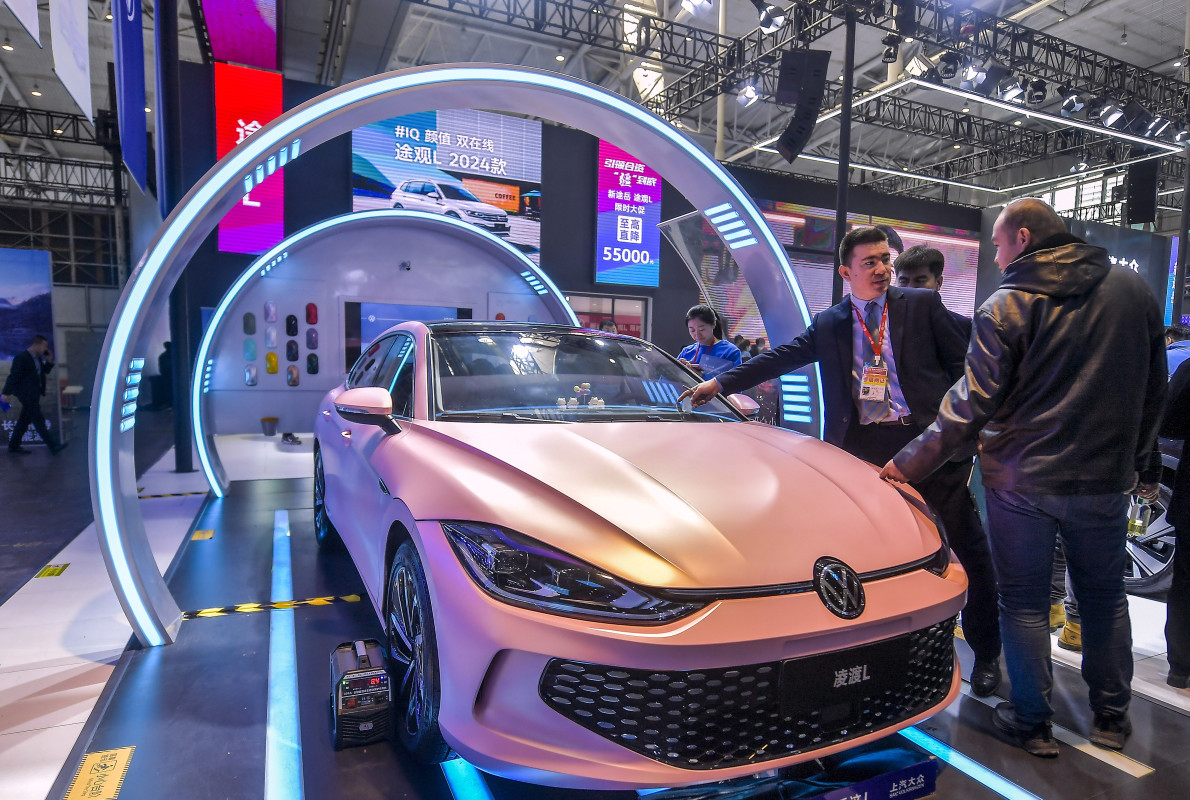
To stay competitive, Volkswagen has invested heavily in EV development, establishing a 3,000-engineer complex in central China and committing to introduce at least eight new electric models by 2030 through its partnership with SAIC Motor.
As Volkswagen grapples with challenges in China, new tariffs on Chinese-made EV imports to Europe threaten its ability to compete in its home market. Last month, the European Commission began imposing a 37% tariff on all EVs that VW is importing from China—a penalty for European automakers who failed to comply with the commission’s investigation into Chinese subsidies.
VW’s lack of cooperation initially resulted in the highest tariff rate, though it later managed to negotiate a reduction to 21%. Despite this, VW remains at a disadvantage compared to competitors like Tesla, which is subject to only a 7.8% tariff, and BYD, which faces a 17% rate.
Related: Chinese EVs you won’t believe are this affordable
The future of Xinjiang’s economy is up in the air
Volkswagen said that the facilities are being transferred to the Shanghai Motor Vehicle Inspection Center, which is owned by an arm of the Shanghai government. While the Chinese government initially pressured multinational corporations to stay in Xinjiang, Beijing’s stance appears to have softened as economic realities shifted.
A Chinese foreign ministry spokesperson criticized international calls for boycotts but refrained from directly rebuking Volkswagen or BASF, another German company seeking to exit Xinjiang. Neighboring Central Asian countries offer limited automotive markets, and the region’s reputation has become a liability for companies seeking to align with global labor and human rights standards.
Related: Cadillac is officially joining Formula 1
Final thoughts
Volkswagen’s departure from Xinjiang closes a chapter fraught with controversy and challenges. Continued political pressure on VW to divest from its facilities in the Xinjiang region surely played a role in the recent announcement, but shifting market conditions appear to have been the final straw for the German automaker.
As Volkswagen pivots toward electric vehicles and navigates fierce competition, its Xinjiang exit highlights the tough decisions traditional automakers face in the country.
